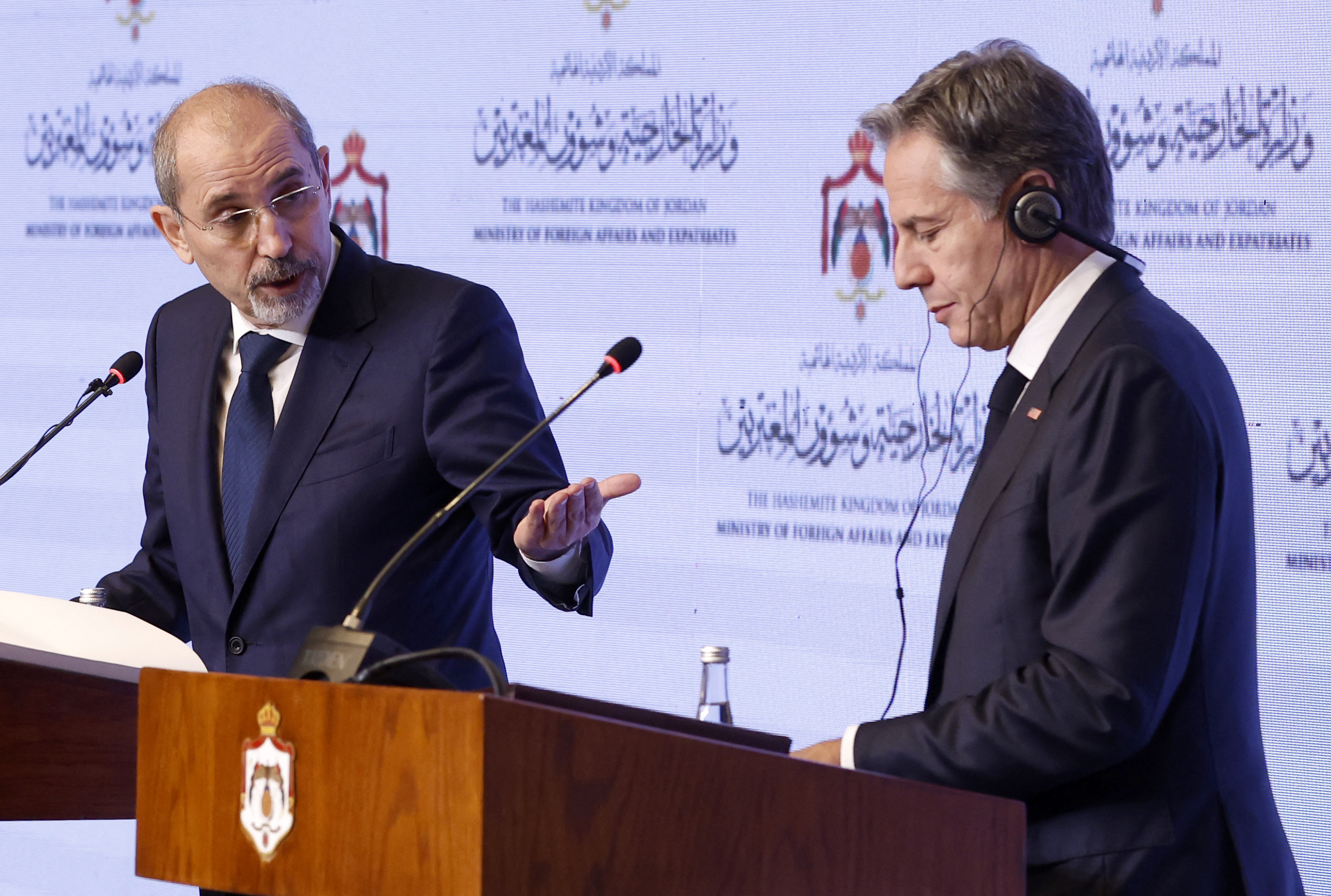Along with the mounting death toll, which has already surpassed 11,000 Palestinians and 1,200 Israelis, diplomacy is taking a heavy hit in the Israel-Hamas war. Israel was first to act, recalling its ambassador from Turkey. This was followed by Bolivia, which severed diplomatic ties with Israel. Chile, Colombia, Jordan, and Bahrain followed suit by withdrawing their envoys to Israel.Â
Like the war itself, it’s hard to see where the diplomatic and political tussle ends.
There are different forms of diplomatic “recall” – from temporary, for consultation, to severance of diplomatic relations and designating diplomats as “persona non grata.” But regardless of severity, the action itself is usually self-defeating. In the world of diplomacy, where communication is key to resolving conflicts and furthering national and global interests, how does pulling the direct interactive plug serve diplomatic objectives?
Russia and the United States have been masters of this game in all its forms. They have made reciprocal recalls of their diplomats many times during their decades of rivalry. The last of these was a tit-for-tat episode last month, part of a string of spats triggered by the Russia-Ukraine war.Â
While India and Pakistan have also indulged in such acts over the last seven decades, in October, New Delhi asked Ottawa to recall 41 of its diplomats after Canada accused Indian officials of being complicit in a targeted killing on Canadian soil.
China, meanwhile, has used the same diplomatic tactic to defend its Taiwan policy. When Mao Zedong initiated the Cultural Revolution in 1966, about 40 Chinese ambassadors were recalled over a decade, except its ambassador to Egypt. Another mass recall happened in 1989 following the Tiananmen Square crackdown. Intensifying US-China competition could trigger more reciprocal recalls in the future.
It’s not just ideological opponents who indulge in such acts. Even allies engage in this theater of the absurd. Calling American and Australian behavior “unacceptable between allies and partners,” France recalled its ambassadors to both countries in 2021. It was a mark of protest against Washington’s decision to provide nuclear-powered submarines to Australia, which scuttled Paris’s defense deal with Canberra. It was the first time in the history of US-France ties that a French ambassador was recalled home.
In other examples from the Middle East, Saudi Arabia, the United Arab Emirates, and Bahrain withdrew their ambassadors from Qatar in 2014 to protest against Doha’s interference in their countries’ internal affairs. They, along with Egypt, severed ties again with Qatar in 2017 for “financing, adopting, and sheltering extremists.” Kuwait joined some of its regional neighbors in withdrawing its ambassadors from Lebanon in 2021 following comments made by a Lebanese minister against Riyadh.
In a very different spirit, Nigeria recalled all its ambassadors worldwide in September 2023 to tweak and ensure “world-class efficiency and quality” of its diplomatic corps.
Given this global phenomenon, what purpose do recalls serve? Do they derail diplomacy or reset relations for more beneficial outcomes?Â
Does the mother of all diplomatic rulebooks offer any guidance?
The Vienna Convention on Diplomatic Relations of 1961 – an international treaty that defines a structure for diplomatic affairs between countries – is frustratingly brief on the topic.Â
Article 9 of the convention states that a diplomat’s role can be ended under several scenarios: one, when the sending country informs the receiving country about the recall; and two, when the receiving country notifies its counterpart that it refuses to accept a certain diplomat.Â
A diplomat can also be declared “persona non grata,” provided that a new ambassador hasn’t yet arrived in the territory of the receiving state. In any case, the convention notes that consent of both countries is key to establishing and maintaining diplomatic relations.
Article 41Â of the United Nations Charter recognizes the “severance of diplomatic relations” as an instrument of international pressure at the disposal of the Security Council. In principle, however, the political implications are limited, except insofar as the existence of diplomatic or consular relations is indispensable for the application of treatise themselves.
Recalling diplomats, no doubt, does have strategic significance. This isn’t because the agents conducting diplomatic relations are themselves “persona non grata,” but because governmental relations are not amicable. Cutting off the most important and direct channel of diplomatic communication conveys strong condemnation.Â
Recall should be considered as a purely political statement used to deter politically unacceptable deeds in another country or undermine its leaders or government in the eyes of the international community.Â
In other instances, withdrawal of a diplomat is merely an old-fashioned protest of a country’s policy or rhetoric that compromises the interests of another.Â
But regardless of the aim, recall is a strong reaction and typifies a serious deterioration of diplomatic relations, which could have negative repercussions on economic relations as well.Â
The inexpensive utility value of temporarily severing relations will continue to encourage diplomatic recalls. With the response usually ranging from annoyance to indifference, there’s always room for putting relations back on track, with or without the grievance being addressed.
The bigger issue is that while time can resurrect diplomacy, it does little to stop wars and save precious lives. To quote Chas W Freeman Jr, the former US ambassador to Saudi Arabia, rather than recall, diplomats should be empowered to ensure that their work “marks the phase of policy prior to war … contrives war’s termination …[and] forms, strengthens, and sustains peace.”
Dr Narayanappa Janardhan is director of research and analysis at the Anwar Gargash Diplomatic Academy in Abu Dhabi, and a nonresident fellow at the Arab Gulf States Institute in Washington.
Eric Canal Forgues Alter is dean and professor of international law and diplomacy at the Anwar Gargash Diplomatic Academy in Abu Dhabi.





